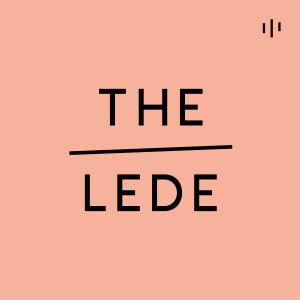
Friday Jan 26, 2024
India’s Political Hinduism — with Nilanjan Mukhopadhyay and Surbhi Gupta
The small town of Ayodhya in northern India has long been a major flashpoint for communal tensions in the country. Believed by Hindus to be the birthplace of Rama, one of the most revered gods in Hinduism, it was also the site of the 16th century Babri Mosque. Enmity between Hindus and Muslims over the site grew through the 20th century before reaching its climax in 1992, when leaders of Hindu nationalist organizations, including the Bharatiya Janata Party (BJP), incited a crowd of activists to tear the mosque down.
“About 3,000 people died across the country in the aftermath of the demolition of the Babri Masjid,” Nilanjan Mukhopadhyay, author of upcoming book “The Demolition, the Verdict and the Temple,” tells New Lines’ Surbhi Gupta. “So you can well imagine that it led to a bad bout of communal violence, which went on for a fairly long period of time.”
The controversy didn’t end there. After decades of legal battles, the Supreme Court permitted a Hindu house of worship to be built on the site, and on Jan. 22, Indian Prime Minister Narendra Modi presided over the idol consecration ceremony at the opening of the Ram Temple.
“All lines between religion and politics got blurred,” says Mukhopadhyay. “This entire ceremony was facilitated by the Indian state.”
Modi and the BJP are poised to win a third term in the coming spring’s general election, which Mukhopadhyay attributes to his embrace of sectarian, far-right politics. Though this in itself is nothing new — hostility toward minority religions has always been a big part of the Modi ‘brand’ — Mukhopadhyay says the opening of the temple marks a concerning intensification of the religious aspects of the prime minister’s politics. For a nation founded as a secular democracy, it is a major departure from India’s traditional norms.
“It's a question of myth making,” Mukhopadhyay says. “We’re seeing the emergence of political Hinduism, with Mr. Modi being the chief priest.”
Produced by Finbar Anderson and Joshua Martin
No comments yet. Be the first to say something!